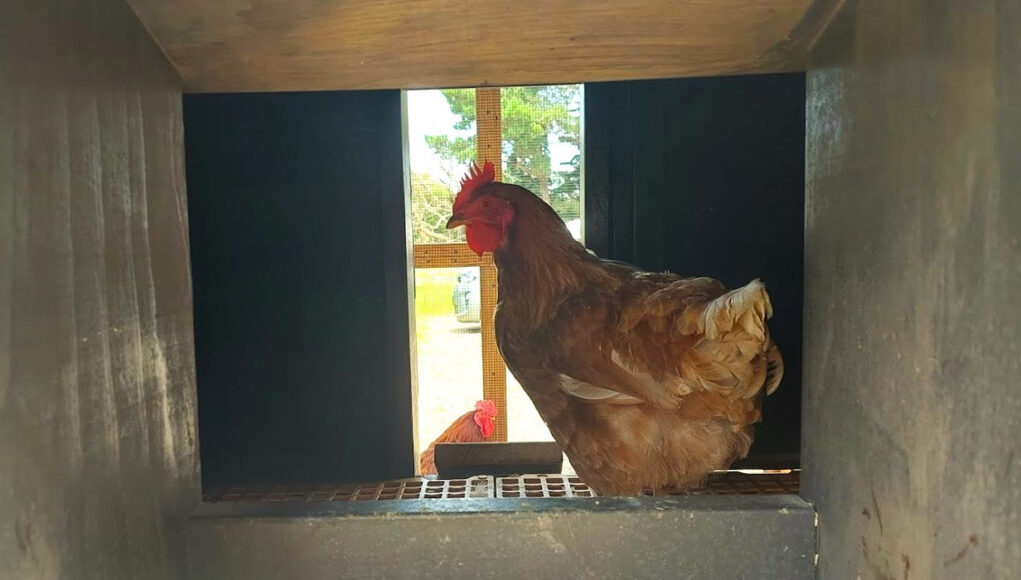Chickens are fascinating creatures, often charming their owners with their unique personalities and behaviors. However, when it comes to bullying in nesting boxes, even the most enthusiastic chicken lover can find themselves perplexed. Bullying is not only stressful for the birds but can also impact egg production and the overall harmony of the flock.
Addressing bullying in nesting boxes is crucial for maintaining a peaceful environment for your chickens. In this article, we’ll explore the causes, effects, and solutions for bullying in nesting areas, ensuring your feathered friends live happy and productive lives.

What is Bullying in Nesting Boxes?
Bullying in nesting boxes refers to aggressive behavior exhibited by chickens towards their flock mates, particularly in the confined space of a nesting box. This behavior can include pecking, chasing, and preventing other hens from accessing the nesting boxes.
Common Causes of Bullying
- Overcrowding: Limited space can lead to competition and aggressive behavior.
- Pecking Order: Natural hierarchy can cause dominant chickens to bully subordinate ones.
- Lack of Resources: Insufficient nesting boxes or food can increase stress and aggression.
Identifying Bullying Behavior
Observing your flock regularly can help you spot signs of bullying. Look out for chickens with missing feathers, visible injuries, or those that appear distressed or isolated.
Signs of a Bullied Chicken
- Reluctance to enter the coop
- Visible injuries or feather loss
- Reduced egg production
Preventing Bullying in Nesting Boxes
Preventive measures can significantly reduce bullying incidents. Ensuring adequate space and resources for all chickens is essential.
Provide Sufficient Nesting Boxes
As a general rule, provide one nesting box for every four to five hens. This reduces competition and allows each hen to have a private space for laying eggs. For more tips on nesting boxes for broody hens, visit Chicken Things and More.
Ensure Adequate Space
Overcrowding is a common cause of bullying. Ensure your coop is spacious enough to accommodate all chickens comfortably. For guidance on ventilating nesting boxes, check Chicken Things and More.
Balanced Diet
Providing a nutritious and balanced diet can help reduce stress and aggressive behavior. Ensure that each chicken has access to food and water throughout the day.
Addressing Existing Bullying Issues
If bullying is already occurring, it’s important to address it promptly to prevent further harm.
Isolate the Bully
Temporarily isolating the aggressive chicken can disrupt its behavior and allow bullied hens to recover. Reintroduce the bully gradually, monitoring interactions closely.
Introduce New Chickens Carefully
When introducing new chickens to the flock, do so gradually. Allow them to see each other through a barrier before integrating them fully. This can help reduce aggressive behavior.
Understanding Chicken Behavior
Understanding chicken behavior and their social dynamics can provide insights into preventing bullying.
The Pecking Order
Chickens naturally establish a pecking order, with dominant birds leading the group. Recognizing this hierarchy can help you manage the flock effectively.
Socialization
Encourage positive socialization by providing enrichment activities and spaces for chickens to explore. This can reduce boredom and aggression.
Improving Nesting Box Design
Sometimes, the design of nesting boxes can contribute to bullying. Consider improving your nesting box setup for better results.
Privacy and Comfort
Ensure nesting boxes are private and comfortable, reducing stress and aggression. For more information on chicken nesting boxes, visit Longbourn Farm.
Accessible Layout
The layout of your nesting boxes should allow easy access for all chickens. Avoid placing boxes too high or in difficult-to-reach areas.
Conclusion
Ensuring a harmonious and productive environment for your chickens requires understanding and addressing bullying in nesting boxes. By providing adequate resources, improving nesting box design, and understanding chicken behavior, you can create a peaceful haven for your flock.

FAQs
How many nesting boxes do I need for my chickens?
Typically, one nesting box for every four to five hens is recommended.
What should I do if I notice a chicken is being bullied?
Isolating the bully and providing additional resources can help address the issue.
How can I improve the design of my nesting boxes?
Ensure privacy and comfort, and make sure the boxes are easily accessible. For more tips, visit Audrey’s Little Farm.
This article contains affiliate links. We may earn a commission at no extra cost to you.











